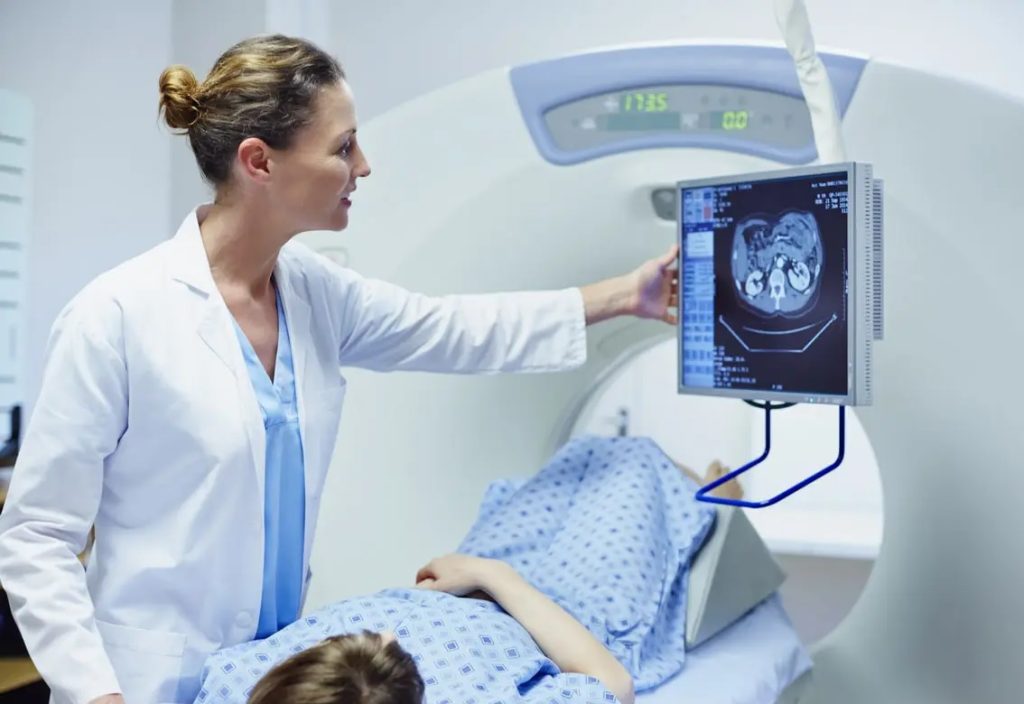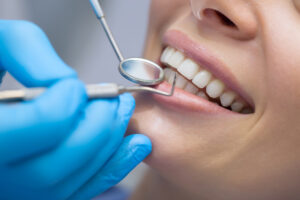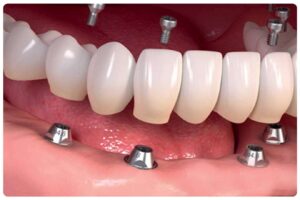Risks and Benefits of CT Scans for Kidney Stones

A CT scan is a procedure that uses special X-ray equipment to create detailed cross-sectional images, or slices, of your body. It can be used to examine many different parts of the body, including the brain, blood vessels, bones, chest, abdomen, and pelvis.
A CT scan can be used to diagnose problems such as cancer, infections, or injuries. It can also be used to help guide needle biopsies and other procedures.
While most kidney stones will pass on their own with time and plenty of fluids, some may require more aggressive treatment. In some cases, your doctor may recommend ct scans for kidney stones to help determine the best course of treatment for your kidney stones.
Risks of CT Scans for Kidney Stones
CT scans expose you to a small amount of ionizing radiation, which has the potential to cause cancer. The risk is very low – about 0.1% if you have an abdominal/pelvic CT – but it’s important to weigh the risks and benefits of any procedure before undergoing it. If you are pregnant or think you may be pregnant, you should not have a CT scan unless it’s absolutely necessary as the radiation exposure could harm the developing fetus.
There is also a small risk that contrast dye used during the CT scan could cause allergic reactions or kidney problems. Usually, these reactions are mild (such as hives) but in rare cases, they can be severe (anaphylactic shock).
People with diabetes or kidney problems are at an increased risk for reactions to contrast dyes. Be sure to tell your doctor if you have any allergies or medical conditions before having a CT scan so they can take appropriate precautions.
Benefits of CT Scans for Kidney Stones
CT scans are very accurate and provide detailed images of even small kidney stones. They can show not only the size and location of a stone but also its composition (which can help your doctor determine the best course of treatment).
In some cases, a CT scan may be able to show whether a stone is likely to pass on its own or whether more aggressive treatment will be necessary. A CT scan is usually quicker and less expensive than other imaging tests such as an MRI or ultrasound. It also doesn’t require any special preparation (such as fasting or drinking contrast dye) as some other tests do.
Conclusion:
If you’ve been diagnosed with kidney stones, your doctor may recommend a CT scan to help determine the best course of treatment. While there are some risks associated with CT scans (such as exposure to radiation), there are also many benefits (such as accuracy and quick results). Be sure to talk to your doctor about all the risks and benefits before undergoing any procedure.







